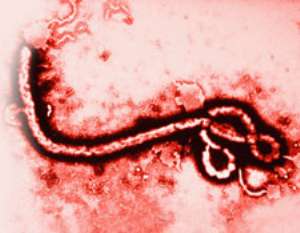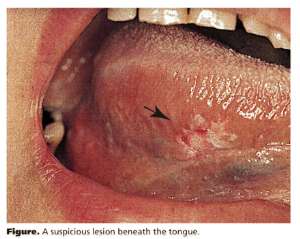Current Research
Research has shown that periodontal disease may increase the risk for developing cardiovascular disease.
Individuals who smoke are more likely to develop periodontal disease. This elevated risk decreases after quitting and reaches that of a non-smoker at 10 years post-quitting.
People with diabetes are more likely to have periodontal disease than people without diabetes. Those people who don't have their diabetes under control are especially at risk.

Find out about connections between pregnancy, puberty & oral contraceptives the menopause and your periodontal health
An association has been found between periodontal disease and a number of systemic conditions including rheumatoid arthritis, osteoporosis, respiratory disease and Alzheimers Disease.

The ADA is monitoring the recent outbreak of Ebola in the U.S. We monitor the information from the Centers for Disease Control and Prevention (CDC) and the Organization for Safety, Asepsis and Prevention (OSAP).
Gum disease” is an infection by germs in the gums around the teeth. It is one of the most common infections in people around the world. In its more serious form—known as “periodontitis”—the infection is long lasting. The soft gums and bone around the teeth dissolve over time.
As we age, our bones begin to lose density and strength, especially after age 50 years. Many factors affect bone density, including diet, physical activity, family history, hormones, lifestyle and certain conditions and medications.
Tooth sensitivity can have a number of causes. Some of the more common culprits are caries (tooth decay), cracked or fractured teeth, trauma, tooth grinding or clenching, worn fillings or tooth enamel, and gingivae (gums) that have pulled away from the tooth roots as a result of gum disease or vigorous brushing.
Some people like the personal image created by tongue splitting and oral piercings, but this look comes at a price. Tongue splitting and piercings that involve the tongue, lips, cheeks or uvula (that tiny piece of tissue that hangs at the back of your mouth) can be risky.

Oil pulling, or placing oil in the mouth to kill harmful bacteria, seems to have caught on recently. It's a controversial practice that takes dedication and time, though fortunately not the 10 or 20 minutes of marathon swishing some sources suggest.
Parents of children with special needs have long struggled to find dentists who will treat them. In a 2005 study, nearly three-fifths of 208 randomly chosen general dentists in Michigan said they would not provide care for children on the autism spectrum; two-thirds said...
Bruxism is the medical name for grinding teeth. Some researchers say 10 percent of us do it. Others say it is more life half of us. Some don't even realize they are doing it or the damage it does.
Women of childbearing age in the United States should be encouraged to maintain better oral care and visit the dentist routinely, according to a new study from the U.S. Centers for Disease Control and Prevention.
If you take any sort of medication—over-the-counter or prescribed—you’ve probably noticed those long lists of potential side effects listed on the labels. These can range from skin discoloration and headaches to blood clots or worse.
Stories often appear in the news about the association between oral health—specifically gum disease—and overall health conditions, such as diabetes or stroke. But what is gum disease exactly?
Traditional surgery is slowly being replaced with a laser procedure called LANAP, and it has arrived in the Capital Region.
If you use tobacco, you are at risk of developing periodontitis, which can result in loosening or even loss of your teeth. Signs of periodontitis include red swollen gums (gingivae) that bleed, gums that seem to have pulled away from your teeth, constant bad breath or pus between your teeth and gums. You also are at risk of developing oral cancer.
You have so much to think about during pregnancy, but don’t overlook your oral health, which can be affected by the hormonal changes you will experience during this time.





